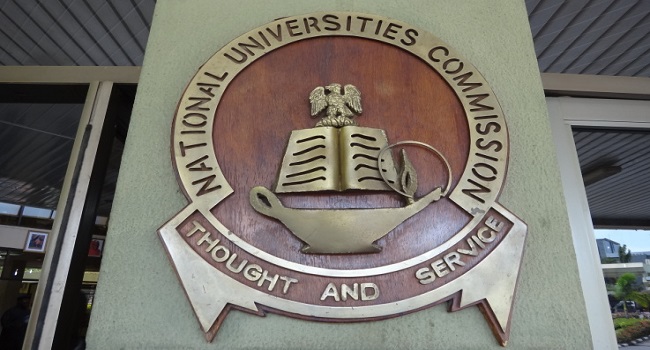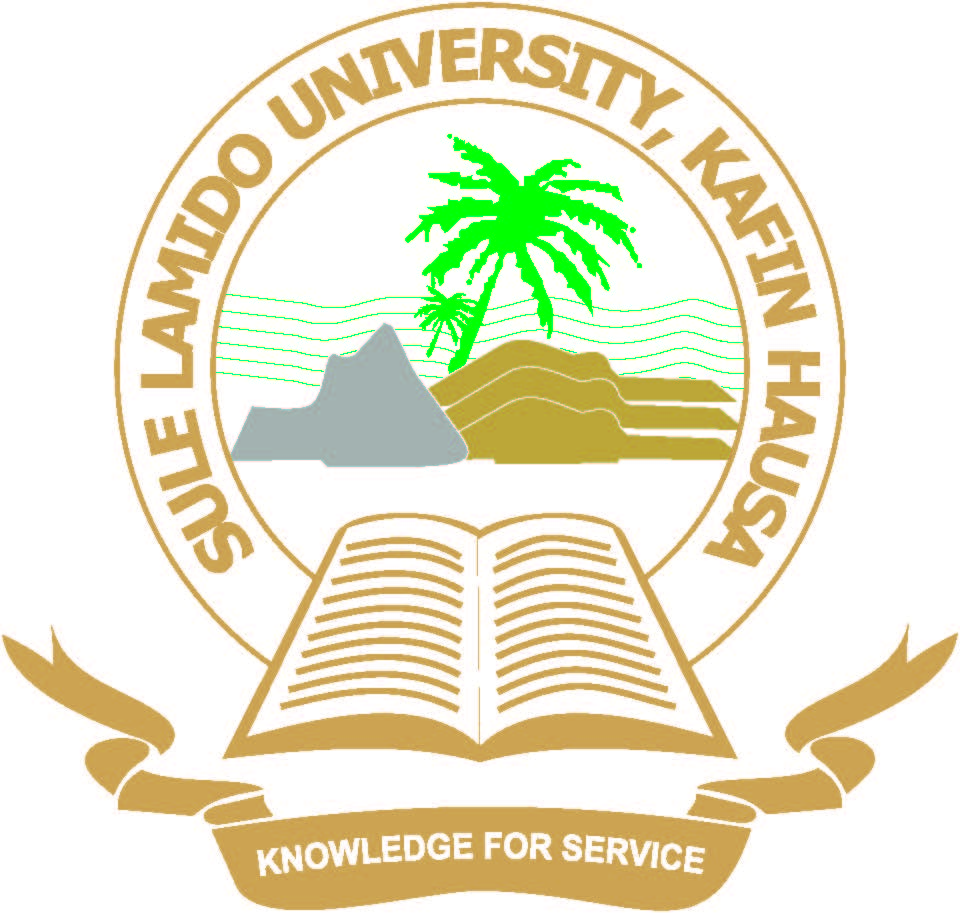NUC to add 12 new academic programmes to university curriculum


The National Universities Commission (NUC) is preparing to add 12 additional academic programmes to the course offerings of Nigerian universities, aiming to prepare students with “21st-century skills, employability skills, and self-reliance needed to thrive in a dynamic world.”
Reports indicated that these 12 new courses were either left out or yet to be concluded during a previous curriculum review for the Nigerian University System (NUS), when NUC created the Core Curriculum and Minimum Academic Standards (CCMAS) for higher institutions.
The fresh academic programmes to be included are Artificial Intelligence; Classical Christian Education; Community Health Science; Cooperative Economics and Management Studies; Doctor of Medical Laboratory Science; Geomatics Engineering; Intelligence and Security Studies; Parasitology and Entomology; Sports Management; Telecommunication Science; Water Sanitation and Hygiene; and Islamic Economics and Finance.
Sources revealed that a committee has been established to refine these programmes so they can be officially added to the CCMAS in the relevant academic fields once stakeholders have validated them.
Professor Abdullahi Yusufu Ribadu, Executive Secretary of the NUC, commenting on the process, said this action was taken following multiple requests by universities and professional organisations for new academic offerings, after a thorough curriculum reform that lasted over two years.
He explained that all proposals were reviewed to determine their feasibility and relevance as academic disciplines, and 12 of them were finally chosen for inclusion in the CCMAS.
He stated that the NUC is empowered to define minimum standards for universities and other institutions that award degrees and also to accredit the degrees and certificates they offer.
He said these powers come from Section 10(1) of the Education (National Minimum Standards and Establishment of Institutions) Act, Cap. E3, Laws of the Federation, 2004, which was previously Act No. 16 of 1985 with amendments.
Ribadu stressed that education and knowledge are advancing quickly, requiring a modern curriculum that not only delivers information but also builds “critical thinking, adaptability, and innovation” and equips Nigerian students with “21st-century skills, employability skills, and self-reliance needed to thrive in a dynamic world.”
He encouraged the curriculum developers to apply their experience and insight as subject experts to craft a well-suited academic framework for the new courses, keeping in mind the importance of “local content/uniqueness in tandem with global best practices.”
The NUC chief advised them to offer “useful suggestions that would strengthen any weak areas” they discover rather than merely criticize the curriculum for being “bad.”
He assured the review team that the NUC values their dedication and contributions over time, especially when assigned to important national projects, and promised that their commitment “would not at any time” be “taken for granted.”
Mal. Abubakar Girei, the Acting Director of Academic Planning (DAP) at NUC, under whose office the review is taking place, told the media that the purpose is to raise the standard of university education, promote knowledge advancement, and boost “Nigeria’s students’ competitiveness in the global space.”
He clarified that each review group is supported by “2 NUC representatives for proper guidance,” especially on matters related to academic planning, and that “resource persons were carefully selected based on their expertise in their areas of specialisation.”
Girei added that the resource experts were chosen from all six geopolitical zones and are serving as representatives for each programme across Nigeria, since it would be “practically impossible to assemble all the professors in NUS” for the curriculum update task.
He shared that a draft version of the curriculum—covering “70 percent”—was produced during the review and will undergo another round of examination before getting the final go-ahead from “the NUC management and the Federal Executive Council (FEC),” while “30 percent is allotted to the universities” to build upon, as done in prior reviews.









